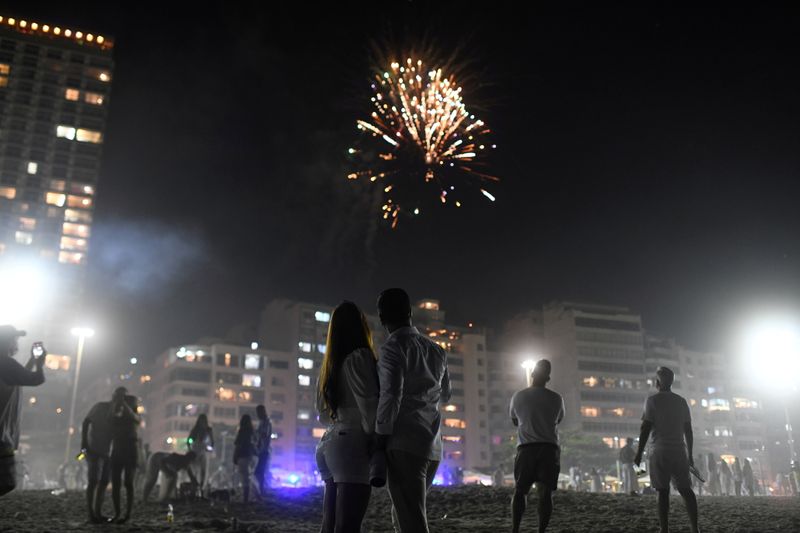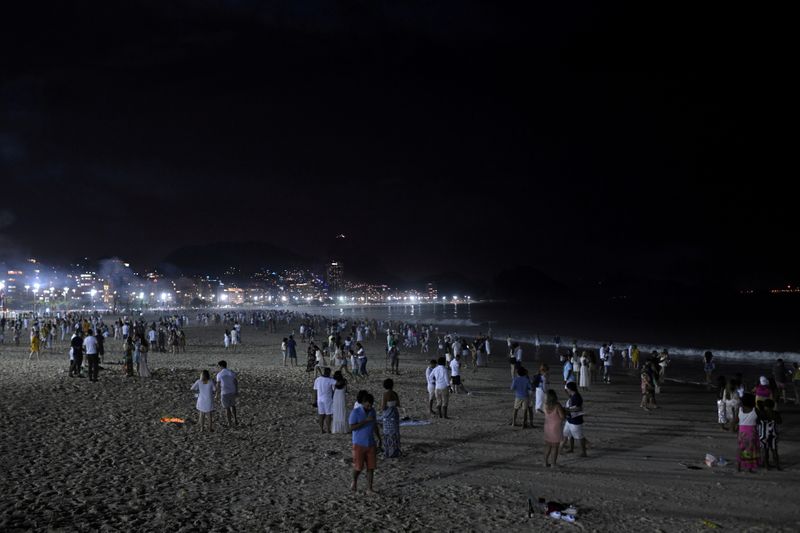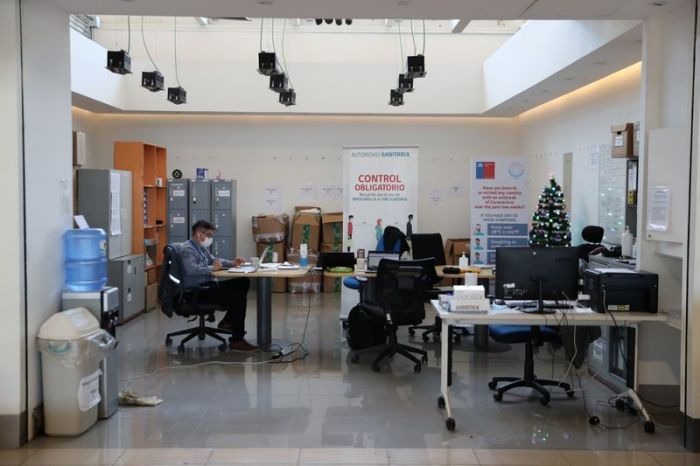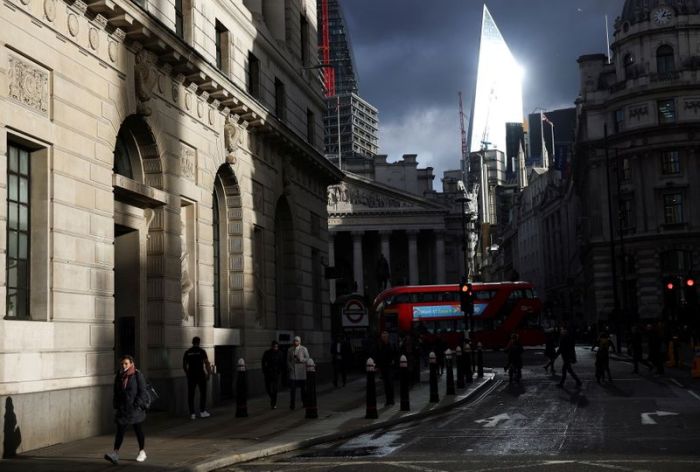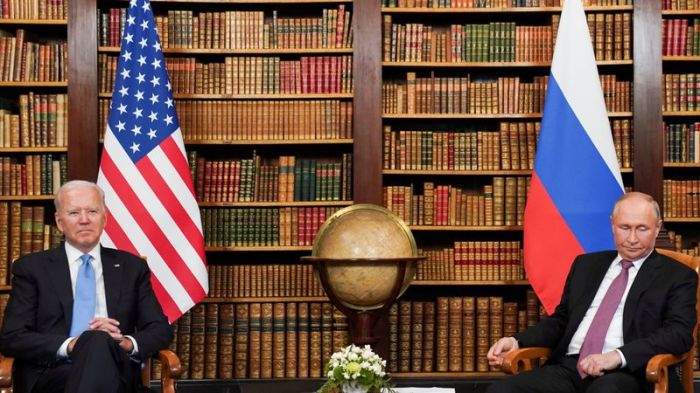SAO PAULO (Reuters) -The mayor of Rio de Janeiro canceled New Year’s Eve celebrations after Brazil confirmed the first known cases of the Omicron coronavirus variant in Latin America’s biggest country.
Eduardo Paes tweeted on Saturday that he would follow the recommendations of Rio de Janeiro state to cancel the celebrations, despite the city’s own view to the contrary.
“We respect science,” Paes tweeted, saying there are dissenting opinions between scientific committees in the city and the state, but he would rather stick with the most restrictive one. “The city’s committee says it can go ahead and the state’s says no. So it can’t take place. Let’s cancel the official New Year’s Eve celebration in Rio,” the tweet said.
The cancellation of the party, which attracts millions of residents and tourists to the world-famous Copacabana beach to watch the fireworks, does not come as a surprise.
“I am very sad as mayor and personally. The New Year’s Eve celebration in Rio is one of the most incredible and incomparable parties in the world,” Paes told a press conference.
In Brazil, the pandemic has claimed more than 615,000 lives, the second highest total in the world after the United States.
Paes said no additional restrictions would be imposed, stressing that vaccinated tourists are welcome in Rio de Janeiro as the city has recorded a drop in deaths and cases, and a high level of vaccination.
The cancellation was supported by health experts, through a tweet by Rio de Janeiro Governor Claudio Castro after Paes’ announcement left room for a potential reversal.
Castro said Paes and him agreed to hold a meeting next week with state and municipal health authorities “to make a final decision” on the matter.
(Reporting by Ana Mano and Rodrigo Viga in Rio de Janeiro; editing by Diane Craft)

